|
Sabbateans
The Sabbateans (or Sabbatians) were a variety of Jewish followers, disciples, and believers in Sabbatai Zevi (1626–1676), a Sephardic Jewish rabbi and Kabbalist who was proclaimed to be the Jewish Messiah in 1666 by Nathan of Gaza. Vast numbers of Jews in the Jewish diaspora accepted his claims, even after he outwardly became an apostate due to his forced conversion to Islam in the same year. Sabbatai Zevi's followers, both during his proclaimed messiahship and after his forced conversion to Islam, are known as Sabbateans. Part of the Sabbateans lived on until well into 21st-century Turkey as descendants of the Dönmeh. Sabbatai Zevi Sabbatai Zevi was a Sephardic ordained rabbi from Smyrna (now İzmir, Turkey). A kabbalist of Romaniote origin, Zevi, who was active throughout the Ottoman Empire, claimed to be the long-awaited Jewish Messiah. He was the founder of the Sabbatean movement, whose followers subsequently were to be known as Dönmeh "converts" or crypto-Jews. ... [...More Info...] [...Related Items...] OR: [Wikipedia] [Google] [Baidu] |
Dönmeh
The Dönme ( he, דוֹנְמֶה, Dōnme, ota, دونمه, tr, Dönme) were a group of Sabbatean crypto-Jews in the Ottoman Empire who converted outwardly to Islam, but retained their Jewish faith and Kabbalistic beliefs in secret. The movement was centered mainly in Thessaloniki. It originated during and soon after the era of Sabbatai Zevi, a 17th-century Sephardic Jewish Rabbi and Kabbalist who claimed to be the Jewish Messiah and eventually feigned conversion to Islam under threat of death from the Sultan Mehmed IV. After Zevi's forced conversion to Islam, a number of Sabbatean Jews purportedly converted to Islam and became the Dönme. Some Sabbateans lived on into 21st-century Turkey as descendants of the Dönme. Today it is unclear how many people stil call themselves Dönme although some still live in Teşvikiye in Istanbul. Most are buried in the Bülbüldere Cemetery (AKA Selanikliler Mezarlığı or the Cemetery of the Salonicans) in Üsküdar where, unusually, thei ... [...More Info...] [...Related Items...] OR: [Wikipedia] [Google] [Baidu] |
Jacob Frank
Jacob Joseph Frank ( he, יעקב פרנק; pl, Jakub Józef Frank; born Jakub Lejbowicz; 1726 – December 10, 1791) was a Polish Jews, Polish-Jewish religious leader who claimed to be the reincarnation of the self-proclaimed messiah Sabbatai Zevi (1626–1676) and also of the biblical patriarch Jacob. The Jewish authorities in Poland excommunicated Frank and his followers due to his heretical doctrines that included deification of himself as a part of a trinity and other controversial concepts such as neo-Carpocratian "purification through transgression". Frank arguably created a new denomination of Judaism, now referred to as Frankism, which incorporated some aspects of Christianity into Judaism. The development of Frankism was one of the consequences of the Jewish messiah, messianic movement of Sabbatai Zevi. This religious mysticism followed socioeconomic changes among the History of the Jews in Poland, Jews of Poland, History of the Jews in Lithuania, Lithuania and Histo ... [...More Info...] [...Related Items...] OR: [Wikipedia] [Google] [Baidu] |
Sabbatai Zevi
Sabbatai Zevi (; August 1, 1626 – c. September 17, 1676), also spelled Shabbetai Ẓevi, Shabbeṯāy Ṣeḇī, Shabsai Tzvi, Sabbatai Zvi, and ''Sabetay Sevi'' in Turkish, was a Jewish mystic and ordained rabbi from Smyrna (now İzmir, Turkey). A kabbalist of Romaniote or Sephardic origin, Zevi, who was active throughout the Ottoman Empire, claimed to be the long-awaited Jewish Messiah. He was the founder of the Sabbatean movement, whose followers subsequently came to be known as Dönme (converts) or crypto-Jews. Upon arriving in Constantinople in February 1666, Sabbatai was imprisoned on the order of the grand vizier Köprülüzade Fazıl Ahmed Pasha; in September of that same year, after being moved from different prisons around the capital to Adrianople, (modern Edirne, the imperial court's then seat) to be judged on accusations of fomenting sedition, Sabbatai was given the choice of either facing death by some type of ordeal, or of converting to Islam by the Grand V ... [...More Info...] [...Related Items...] OR: [Wikipedia] [Google] [Baidu] |
Forced Conversion
Forced conversion is the adoption of a different religion or the adoption of irreligion under duress. Someone who has been forced to convert to a different religion or irreligion may continue, covertly, to adhere to the beliefs and practices which were originally held, while outwardly behaving as a convert. Crypto-Jews, crypto-Christians, crypto-Muslims and crypto-Pagans are historical examples of the latter. Religion and power In general, anthropologists have shown that the relationship between religion and politics is complex, especially when viewed over the expanse of human history.Firth, Raymond (1981Spiritual Aroma: Religion and Politics ''American Anthropologist'', New Series, Vol. 83, No. 3, pp. 582–601 While religious leaders and the state generally have different aims, both are concerned with power and order; both use reason and emotion to motivate behavior. Throughout history, leaders of religious and political institutions have cooperated, opposed one another, and ... [...More Info...] [...Related Items...] OR: [Wikipedia] [Google] [Baidu] |
Nathan Of Gaza
Nathan of Gaza ( he, נתן העזתי; 1643–1680) or Nathan Benjamin ben Elisha Hayyim haLevi Ashkenazi or Ghazzati) was a theologian and author born in Jerusalem. After his marriage in 1663 he moved to Gaza, where he became famous as a prophet for the Jewish messiah claimant Sabbatai Zevi. Biography Nathan of Gaza was born in Jerusalem around 1643-1644; he died on Friday, January 11, 1680 in Macedonia. Although he grew up in Jerusalem, his parents were not born in Ottoman Syria. On the contrary, they had immigrated from Poland or Germany. His father, Elisha Hayyim ben Jacob, was a distinguished rabbinic intellectual who served as an envoy of Jerusalem collecting donations for impoverished Jews. During his travels he would distribute kabbalistic works which he had obtained in Jerusalem. Upon settling in Ottoman Palestine, Elisha Hayyim ben Jacob took on the surname "Ashkenazi" as a means of differentiating his family and himself from the largely Sephardic inhabitants of the O ... [...More Info...] [...Related Items...] OR: [Wikipedia] [Google] [Baidu] |
List Of Jewish Messiah Claimants
The messiah in Judaism means "anointed one" and included Jewish priests, prophets and kings such as David and Cyrus the Great. Later, especially after the failure of the Hasmonean Kingdom (37 BCE) and the Jewish–Roman wars (66–135 CE), the figure of the Jewish messiah was one who would deliver the Jews from oppression and usher in an Olam HaBa ("world to come") or Messianic Age. Some people were looking forward to a military leader who would defeat the Seleucid or Roman enemies and establish an independent Jewish kingdom. Others, like the author of the Psalms of Solomon, stated that the messiah was a charismatic teacher who would give the correct interpretation of Mosaic law, restore Israel, and judge mankind. This is a list of notable people who have been said to be the messiah ben David, either by themselves or by their followers. The list is divided into categories, which are sorted according to date of birth (where known). 1st century * Jesus of Nazareth (ca. 4 BC–3 ... [...More Info...] [...Related Items...] OR: [Wikipedia] [Google] [Baidu] |
Lurianic Kabbalah
Lurianic Kabbalah is a school of kabbalah named after Isaac Luria (1534–1572), the Jewish rabbi who developed it. Lurianic Kabbalah gave a seminal new account of Kabbalistic thought that its followers synthesised with, and read into, the earlier Kabbalah of the Zohar that had disseminated in Medieval circles. Lurianic Kabbalah describes new doctrines of the origins of Creation, and the concepts of Olam HaTohu (Hebrew: עולם התהו "The World of Tohu-Chaos") and Olam HaTikun (Hebrew: עולם התיקון "The World of Tikun-Rectification"), which represent two archetypal spiritual states of being and consciousness. These concepts derive from Isaac Luria's interpretation of and mythical speculations on references in the Zohar.The Development of Kabbalah in Three Stages from inner.org: 1 [...More Info...] [...Related Items...] OR: [Wikipedia] [Google] [Baidu] |
Kabbalah
Kabbalah ( he, קַבָּלָה ''Qabbālā'', literally "reception, tradition") is an esoteric method, discipline and Jewish theology, school of thought in Jewish mysticism. A traditional Kabbalist is called a Mekubbal ( ''Məqūbbāl'' "receiver"). The definition of Kabbalah varies according to the tradition and aims of those following it, from its origin in medieval Judaism to its later adaptations in Western esotericism (Christian Kabbalah and Hermetic Qabalah). Jewish Kabbalah is a set of esoteric teachings meant to explain the relationship between the unchanging, eternal God in Judaism, God—the mysterious ''Ein Sof'' (, ''"The Infinite"'')—and the mortal, finite universe (God's Genesis creation narrative, creation). It forms the foundation of Mysticism, mystical religious interpretations within Judaism. List of Jewish Kabbalists, Jewish Kabbalists originally developed their own transmission of Primary texts of Kabbalah, sacred texts within the realm of Jewish traditio ... [...More Info...] [...Related Items...] OR: [Wikipedia] [Google] [Baidu] |
Frankism
Frankism was a heretical Sabbatean Jewish religious movement of the 18th and 19th centuries, centered on the leadership of the Jewish Messiah claimant Jacob Frank, who lived from 1726 to 1791. Frank rejected religious norms and said that his followers were obligated to transgress as many moral boundaries as possible. At its height it claimed perhaps 50,000 followers, primarily Jews living in Poland, as well as in Central and Eastern Europe. Description Unlike traditional Judaism, which provides a set of detailed social, cultural, and religious norms and laws (''halakha'') that regulate many aspects of life of observant Jews, Frank claimed that "all laws and teachings will fall""The Collection of the Words of the Lord" by Jacob Frank, translated by Harris Lenowitz. Saying 103. and, following antinomianism, asserted that the most important obligation of every person was the transgression of every boundary. Frankism is associated with the Sabbateans of Turkey, a religious moveme ... [...More Info...] [...Related Items...] OR: [Wikipedia] [Google] [Baidu] |
Jerusalem
Jerusalem (; he, יְרוּשָׁלַיִם ; ar, القُدس ) (combining the Biblical and common usage Arabic names); grc, Ἱερουσαλήμ/Ἰεροσόλυμα, Hierousalḗm/Hierosóluma; hy, Երուսաղեմ, Erusałēm. is a city in Western Asia. Situated on a plateau in the Judaean Mountains between the Mediterranean Sea, Mediterranean and the Dead Sea, it is one of the List of oldest continuously inhabited cities, oldest cities in the world and is considered to be a holy city for the three major Abrahamic religions: Judaism, Christianity, and Islam. Both Israelis and Palestinians claim Jerusalem as their Capital city, capital, as Israel maintains its primary governmental institutions there and the State of Palestine ultimately foresees it as its seat of power. Because of this dispute, Status of Jerusalem, neither claim is widely recognized internationally. Throughout History of Jerusalem, its long history, Jerusalem has been destroyed at least twice, Sie ... [...More Info...] [...Related Items...] OR: [Wikipedia] [Google] [Baidu] |
Self-indulgence
Hedonism refers to a family of theories, all of which have in common that pleasure plays a central role in them. ''Psychological'' or ''motivational hedonism'' claims that human behavior is determined by desires to increase pleasure and to decrease pain. ''Normative'' or ''ethical hedonism'', on the other hand, is not about how we actually act but how we ought to act: we should pursue pleasure and avoid pain. ''Axiological hedonism'', which is sometimes treated as a part of ethical hedonism, is the thesis that only pleasure has intrinsic value. Applied to well-being or what is good for someone, it is the thesis that pleasure and suffering are the only components of well-being. These technical definitions of hedonism within philosophy, which are usually seen as respectable schools of thought, have to be distinguished from how the term is used in everyday language, sometimes referred to as "folk hedonism". In this sense, it has a negative connotation, linked to the egoistic pursuit ... [...More Info...] [...Related Items...] OR: [Wikipedia] [Google] [Baidu] |
Torah
The Torah (; hbo, ''Tōrā'', "Instruction", "Teaching" or "Law") is the compilation of the first five books of the Hebrew Bible, namely the books of Genesis, Exodus, Leviticus, Numbers and Deuteronomy. In that sense, Torah means the same as Pentateuch or the Five Books of Moses. It is also known in the Jewish tradition as the Written Torah (, ). If meant for liturgic purposes, it takes the form of a Torah scroll ('' Sefer Torah''). If in bound book form, it is called ''Chumash'', and is usually printed with the rabbinic commentaries (). At times, however, the word ''Torah'' can also be used as a synonym for the whole of the Hebrew Bible or Tanakh, in which sense it includes not only the first five, but all 24 books of the Hebrew Bible. Finally, Torah can even mean the totality of Jewish teaching, culture, and practice, whether derived from biblical texts or later rabbinic writings. The latter is often known as the Oral Torah. Representing the core of the Jewish spiri ... [...More Info...] [...Related Items...] OR: [Wikipedia] [Google] [Baidu] |

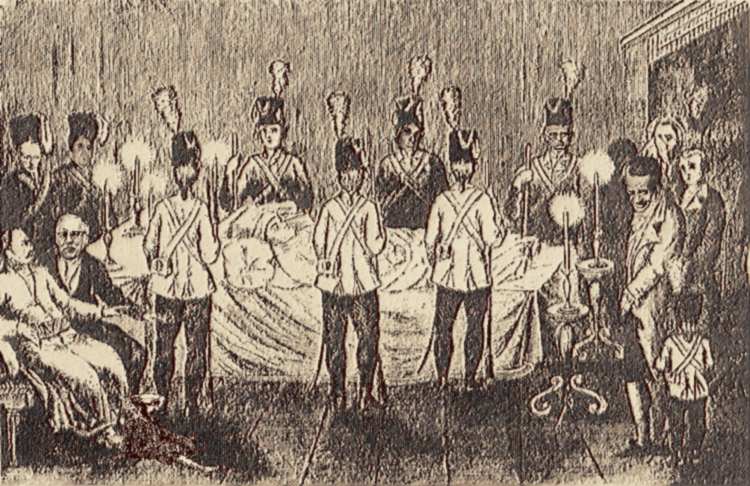

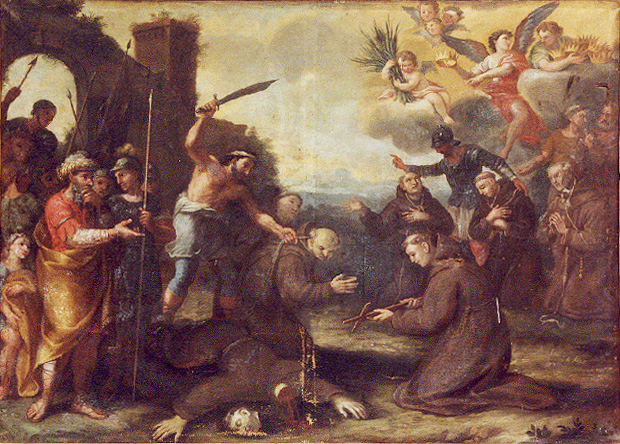
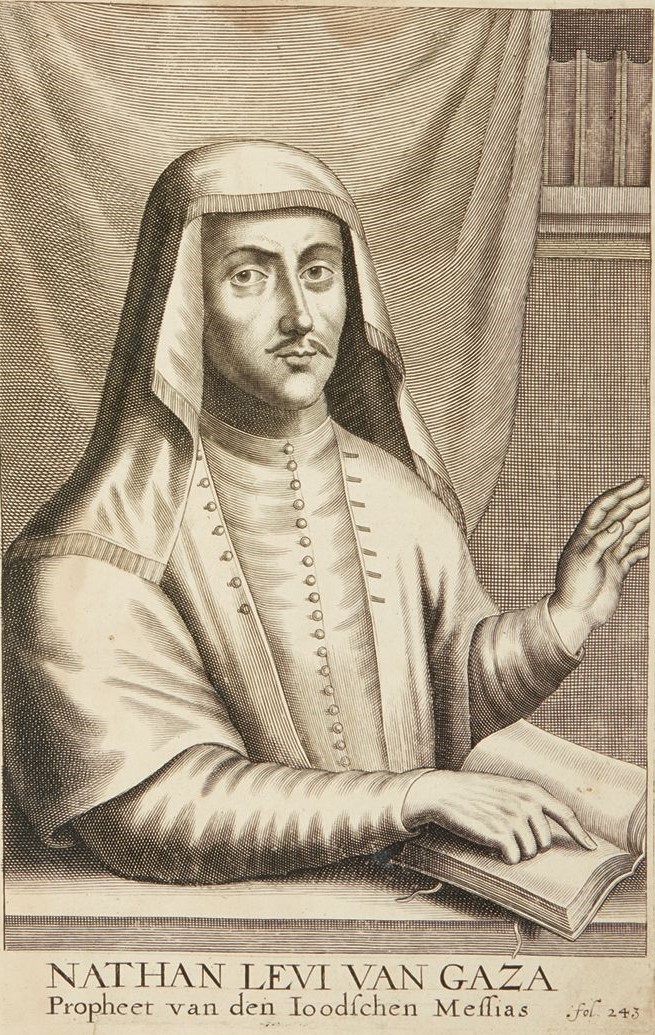
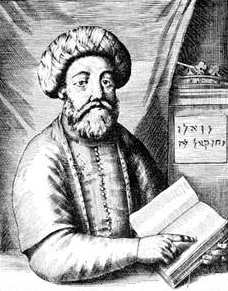
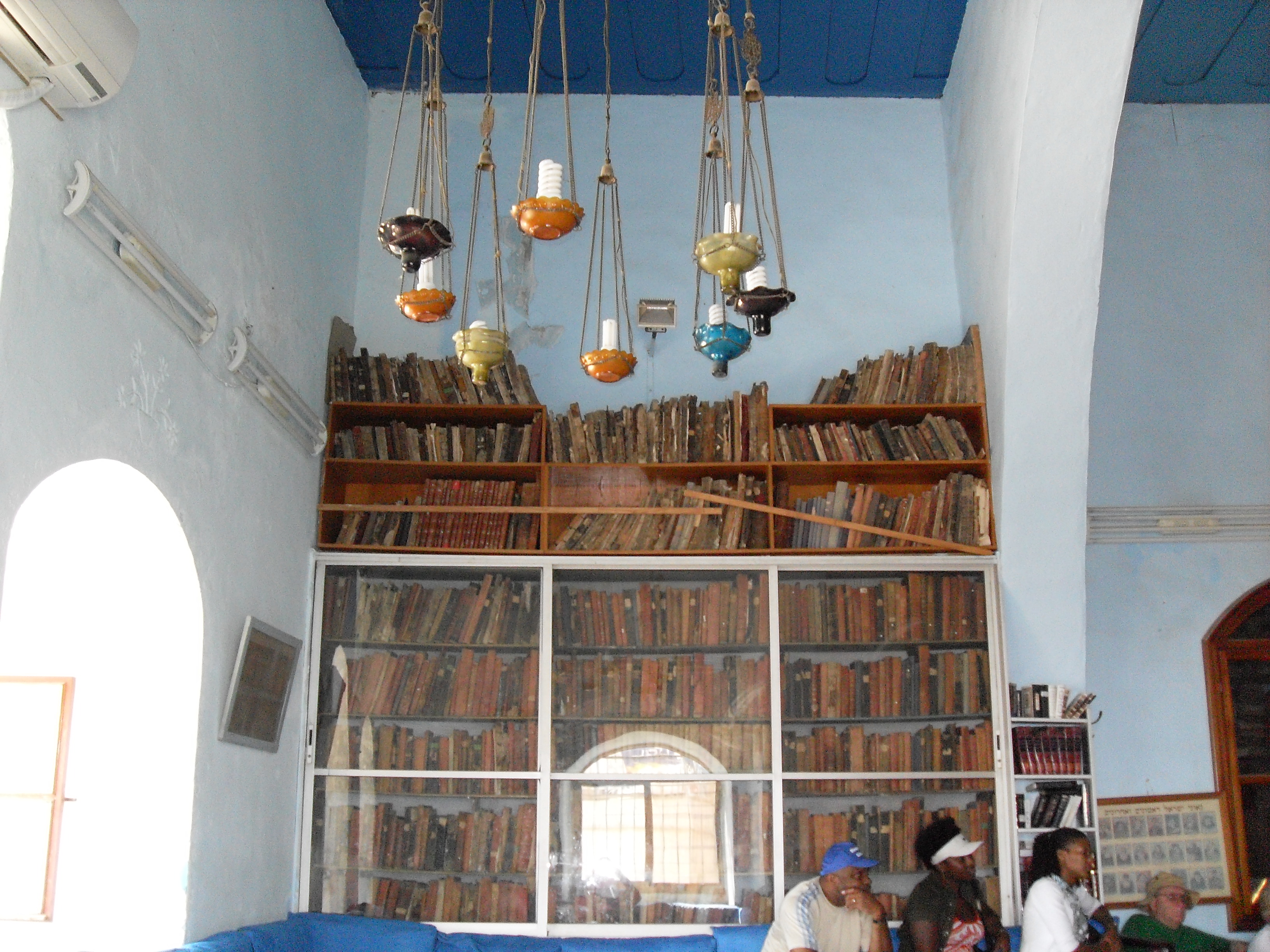

_1894_A._Kraushar%2C_Frank_i_frankiści_polscy%2C_Vol._2.jpg)

